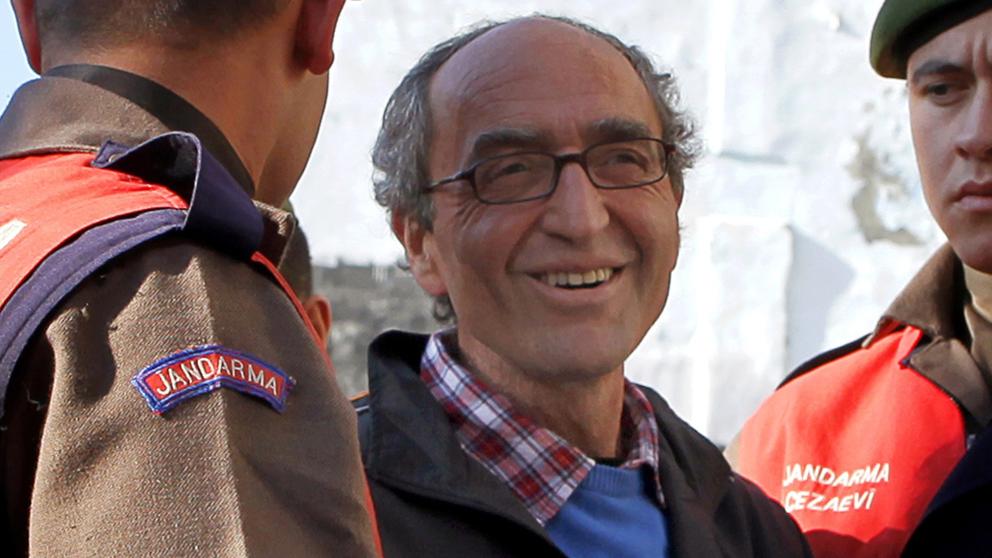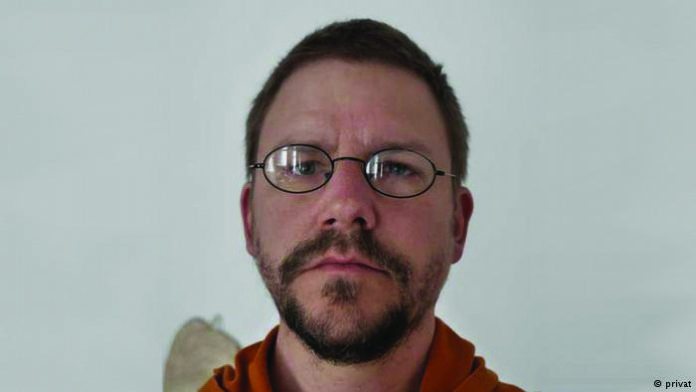By Muriel Mirak-Weissbach
Special to the Mirror-Spectator
BERLIN — The news on October 26 that a Turkish court decided to release German human rights activist Peter Steudtner from prison, and even allow him to leave the country, was not expected and was greeted by sighs of relief. But it is by no means the end of the story. Although he and seven other political prisoners were liberated, the charges against them have not been dropped and the trial is scheduled to continue on November 22. If convicted, those accused of belonging to and supporting a terrorist organization could be sentenced to up to 15 years in prison. Green Party political leader Claudia Roth correctly commented that there was “no reason for calling off the alarm,” since the release did not mean acquittal. Although Steudtner would be tried in absentia (as it would be foolhardy for him to return to Turkey for trial), the policy of political persecution of perceived enemies of Turkish president Recep Tayyip Erdogan has not ended. There are still ten German citizens sitting behind bars in Turkey on politically motivated charges, among them Deniz Yücel, not to mention the masses of other innocent prisoners with different passports.
Although Turkish authorities denied that there had been any diplomatic mediation leading to the release, it was former Chancellor Gerhard Schroeder who reportedly intervened personally with Erdogan in September. German Foreign Minister Sigmar Gabriel, who proposed the idea and got the backing of Chancellor Angela Merkel, stated officially that he was “grateful to Gerhard Schroeder for his mediation,” adding that it was an initial sign of relaxation of tensions. “The Turkish government had kept all its promises,” he said. “Now we have to work further for the release of the other prisoners.” Justice Minister Heiko Maas also called it an “encouraging sign” and pledged that Berlin would continue to pursue the release of all. Steudtner himself left no doubt that there had been a diplomatic intervention when he expressed his gratitude upon release to “all those who supported us legally, diplomatically and with solidarity.”

Why Erdogan Backed Down
Although the official line from Ankara is that the release was merely proof of the independence of the Turkish justice system, there seems to be little doubt that it was the result of rethinking on the part of Erdogan. He had made clear in remarks at the July G20 meeting in Hamburg that he had designated Steudtner as allied to the forces behind the failed coup attempt last year, when he said the international seminar that the human rights activist was attending was a “continuation of July 15…” Later that month, Erdogan criticized Germany for not allowing himself and other officials to speak there in public, but charged that “your agents come here … and divide my country.”








